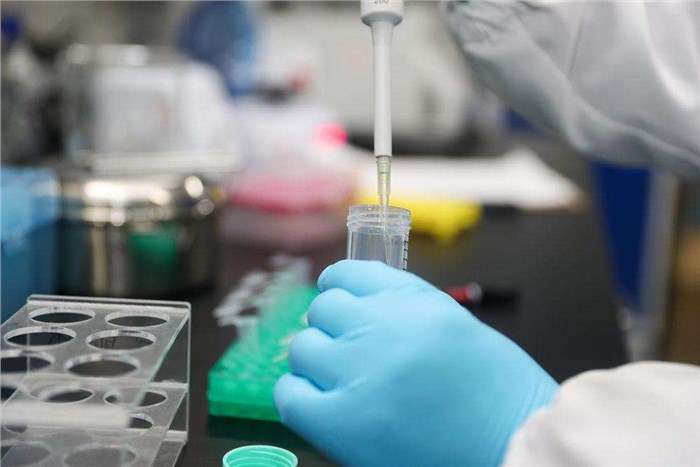In vitro diagnostic (IVD) immunoassays for liver disease markers are essential tools for the diagnosis, monitoring, and management of liver conditions. These assays enable the detection and quantification of specific biomarkers associated with liver function and pathology, providing critical information for patient care.
Key Liver Disease Markers
- Alanine Aminotransferase (ALT): An enzyme found primarily in the liver, elevated levels of ALT in the blood suggest liver damage or inflammation.
- Aspartate Aminotransferase (AST): Similar to ALT, AST is another enzyme that indicates liver injury when present in high concentrations.
- Alkaline Phosphatase (ALP): An enzyme associated with the bile ducts; elevated ALP can indicate blockages or liver disease.
- Bilirubin: A breakdown product of hemoglobin that, when elevated, may indicate liver dysfunction or disease, such as jaundice.
- Gamma-Glutamyl Transferase (GGT): High levels can indicate bile duct issues and conditions like alcohol-induced liver disease.
- Alpha-Fetoprotein (AFP): Elevated AFP can be a marker for liver cancer, particularly hepatocellular carcinoma.
IVD Immunoassay Techniques
- ELISA (Enzyme-Linked Immunosorbent Assay): This technique uses antibodies to detect and measure the presence of liver disease markers. It is highly sensitive and suitable for high-throughput testing.
- CLIA (Chemiluminescent Immunoassay): Similar to ELISA, but uses a chemiluminescent substrate for detection, offering enhanced sensitivity and dynamic range.
- RIA (Radioimmunoassay): Uses radioactive isotopes to quantify biomarkers, although less common today due to safety concerns and the rise of non-radioactive methods.
- Point-of-Care Tests: These are rapid tests that can be used in clinical settings for immediate results, allowing for quick decision-making in patient management.
Applications
- Diagnosis: IVD immunoassays facilitate the early detection of liver diseases such as hepatitis, cirrhosis, and liver cancer.
- Monitoring: They are used to monitor the progression of liver diseases and the effectiveness of treatment plans.
- Risk Assessment: Screening for elevated liver disease markers can help identify individuals at risk, enabling preventive measures.
IVD immunoassays for liver disease markers play a crucial role in clinical practice, offering precise, reliable, and timely information that aids in improving patient outcomes through accurate diagnosis and effective management of liver diseases.


